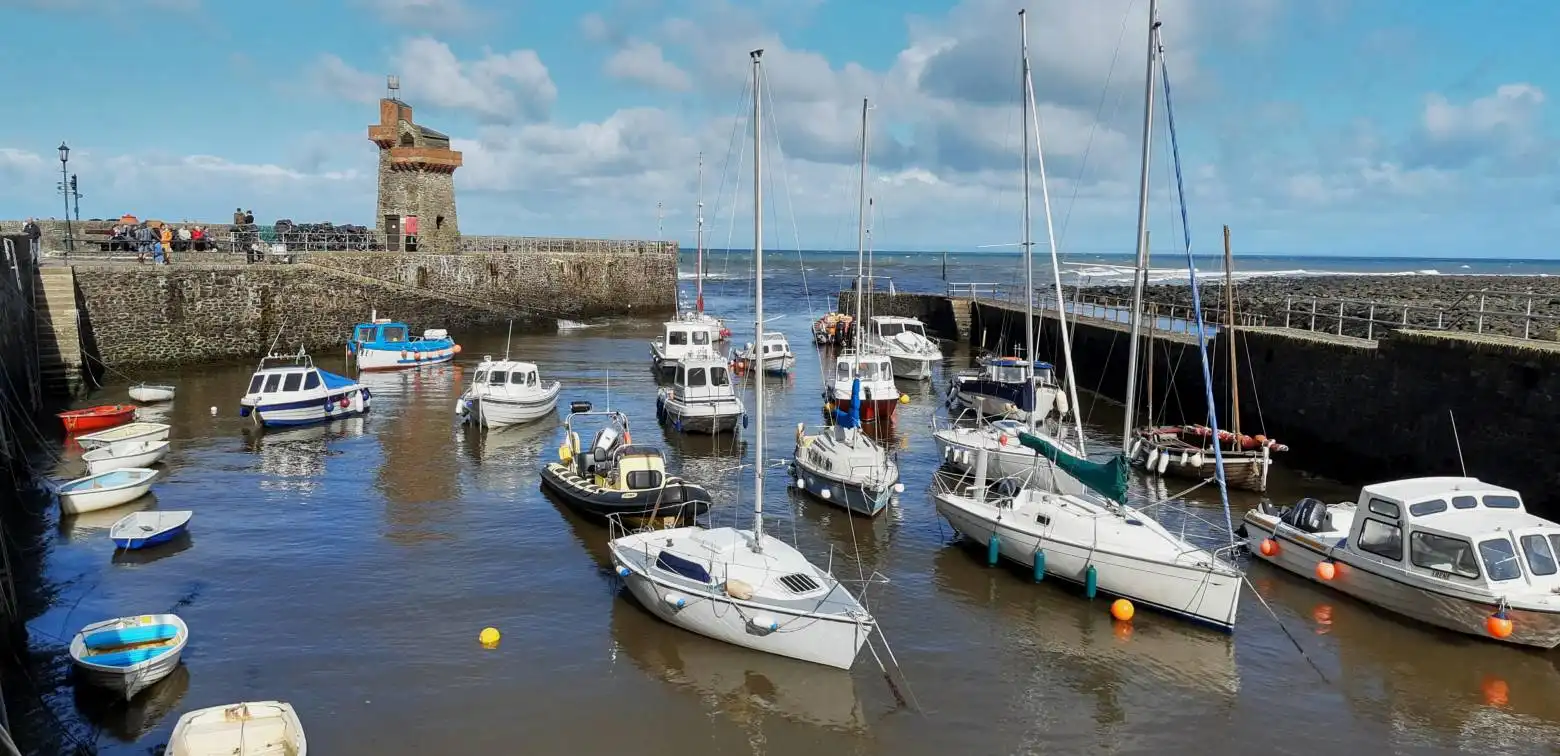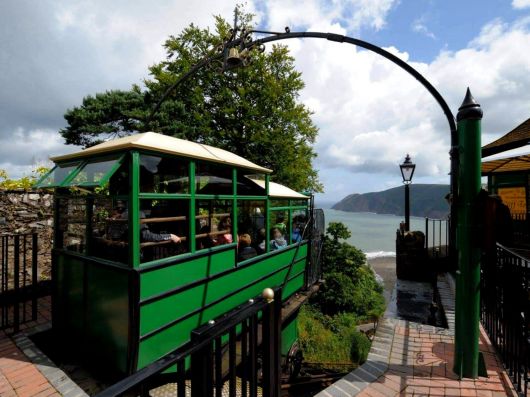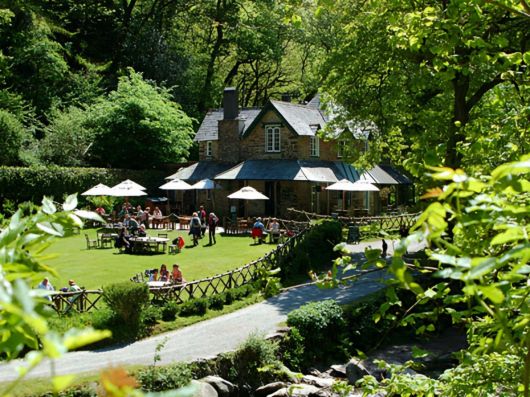England's 'Little Switzerland'
During the early 1800s, whilst the Napoleonic wars raged on the continent, those unable to make their Grand Tour to Europe opted for a 'staycation' in the West Country.
The countryside around Lynton & Lynmouth was reminiscent of the route many of the Romantics would take through the French and Swiss Alps en route to Italy. The fashion for building in the Swiss Style is to be seen in much of the local architecture.
The Romantic poets and artists
The landscape surrounding Lynton & Lynmouth's have been captured in the writings of famous poets and authors.
William Wordsworth and Samuel Taylor Coleridge walked here from Coleridge's house at Nether Stowey, Somerset. The latter taking inspiration from the Valley of Rocks to compose his epic ballad, The Rime of the Ancient Mariner in 1798.
The artist Thomas Gainsborough honeymooned in Lynmouth and it is supposed that Percy Bysshe Shelley had a cottage somewhere near the harbour.
The poet Robert Southey coined the phrase 'Little Switzerland' when he stayed here in 1799, and wrote "I am assured by one who is familiar with Switzerland, resembles a Swiss village".
His praise of Lynton & Lynmouth's picturesque beauty has meant it has been a popular holiday destination ever since.
Victorian holiday resort
Tourism in Exmoor boomed during the Victorian era and the towns gained many new hotels and inns along the Lyn rivers, some which were lost in the floods of 1952.
Paddle steamers from Bristol and Wales would dock regularly in the harbour and with the coming of the railways, the towns grew and developed into a flourishing Victorian holiday resort.
Sir George Newnes
George Newnes (1851 - 1910) was a publisher, editor and MP who founded Tit-Bits and The Strand Magazine, in which Sir Arthur Conan Doyle first serialised his Sherlock Holmes stories. He was also the main sponsor of the Southern Cross Expedition to Antarctica, a precursor to notorious expedition led by Captain Scott.
He had a house on Hollerday Hill in Lynton which, after his death, was severely damaged by fire in 1913.
A huge benefactor to the towns, Sir George funded the building of the Lynton & Lynmouth Cliff Railway to aid transport of goods and passengers to Lynton, which until then had relied on packhorses or horse drawn carts up the steep hill from Lynmouth harbour.
He also gifted the Town Hall in Lynton and contributed to the construction of the 19-mile Lynton & Barnstaple Railway to bring visitors from the mainline railways at Barnstaple. A section of this railway is still running at Woody Bay Station.




